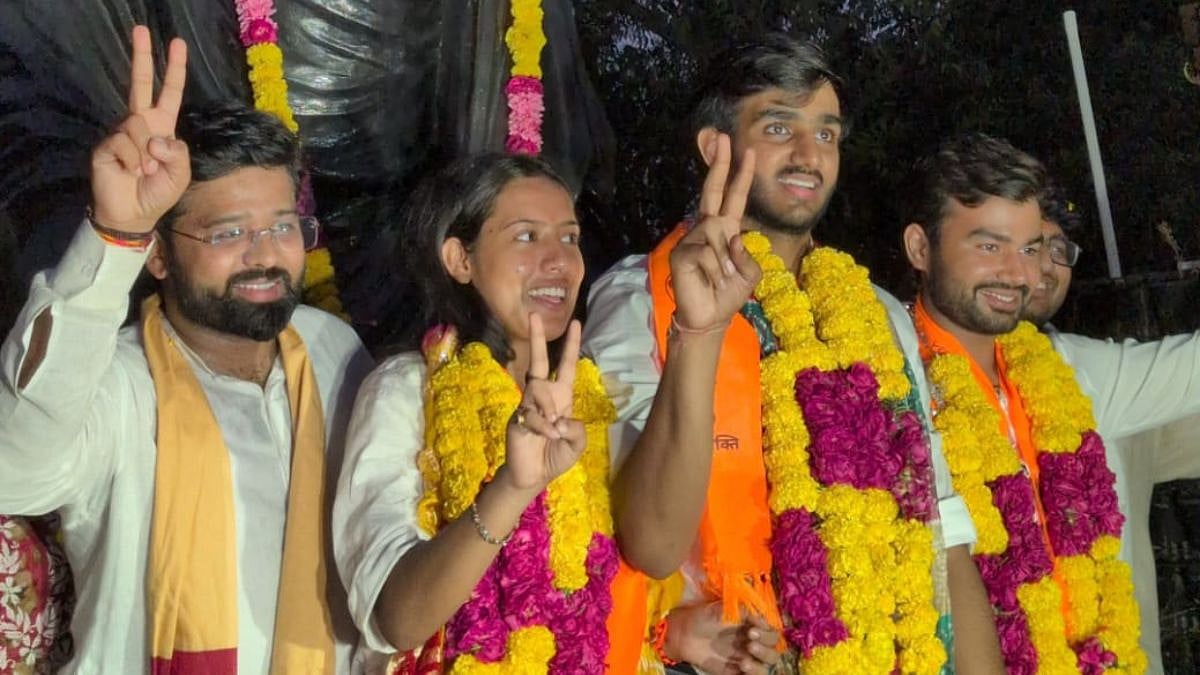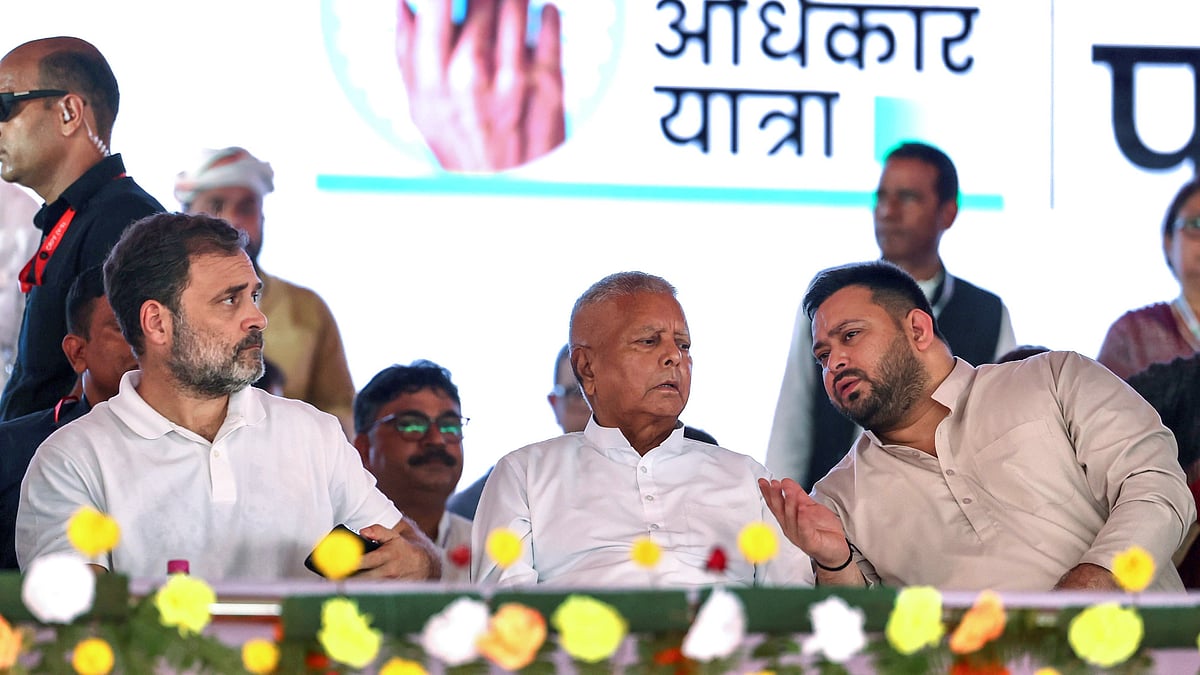On May 7, India crossed the Rubicon. The Roman senate had prohibited Julius Caesar from entering Italy with his army, but in 49 BC, Caesar, as the governor of Gaul, crossed the boundary line between Italy and Gaul, and history is witness to what followed later. The Indian army on May 7 attacked 9 places, four of which were in Pakistan. Though India made it clear that its attack was only targeted at terrorists’ infrastructures and was non-escalatory in nature. But a message was conveyed that India’s patience had passed the critical barometer and the gruesome killings of innocent Indians in Pahalgam were basically an assault on the soul of India. The attack was to teach the perpetrators a lesson. India crossed the line which it had avoided even during the Kargil war.
India’s message was unambiguous. Any terrorist attack on Indian soil, henceforth, will be retaliated to with ferocity, and Pakistan would pay the price. This was a message to the world too; that India had tolerated enough in the past and its tolerance should not be misunderstood as weakness. India could no longer be blackmailed by the simple fact that Pakistan is a nuclear power state and any conflict between the two could turn into a nuclear war. What complicated the whole affair more and should be viewed as a major paradigm shift in the relationship between the two countries was Pakistan’s nefarious attempt to view the India-Pakistan affair through the prism of the two-nation theory. Pakistan’s army chief Munir’s articulation of the two-nation theory could have been avoided, but the reiteration of the same and reference to Mohammad Ali Jinnah by Pakistan’s civilian government later was an indication that the killing of Indians after asking their religion was not a random terrorist operation but part of a well-thought-out conspiracy, to create a wedge between an already polarised Indian society on the basis of religion and turn Hindus against Indian Muslims in a big way. It was also an attempt to radically Islamise the Kashmir affair at the global level.
General Munir calling the creation of Pakistan the ‘second Medina’ was a part of the larger design. It was an attempt to garner support from Muslim countries across the globe in the name of Islam and underlined the conflict between the two countries as a religious battle instead of a political conflict. In a way Pakistan had also crossed the Rubicon. General Munir miscalculated that, since India was led by the Hindutva party, it would be easy for Pakistan to elicit support from the other Muslim countries; he was wrong. What must have shocked him and Pakistan’s civilian government was the vociferous and unequivocal condemnation of the Pahalgam massacre not only by Muslims in Kashmir but also by Muslim nations. Except Turkey and Azerbaijan, no other Muslim country came forward to support Pakistan during the three-days ‘war’ between the two nations. But to assume that with the ceasefire the crisis has blown away will be a huge mistake. The giving of a religious and ideological tint to the India-Pakistan conflict demands extra caution in the future and more military and civilian preparedness by India.
Pakistan is a failed state. It is passing through one of the worst phases since its creation. Its economy is in a dire state. Politics is severely divided. The Pakistan army is greatly discredited in the eyes of a large section of the population. This is also a time when Pakistan’s most popular leader, Imran Khan, is in jail and Baluchistan is burning and ready to secede from Pakistan. This is a perfect recipe for disaster or misadventure. The ceasefire announced by both the countries is only a cessation of military operations between the two, it’s not the cessation of hostility. We cannot and must not take it to mean that Pakistan has learnt the lesson. A ceasefire is no guarantee that no terrorist attacks will take place in the near future.
It is true that Pakistan is shaken at the moment, as it would not have anticipated that the Pahalgam massacre would lead to a military conflict. India targeting the Nur Khan airbase is particularly important, as an Indian missile hit the pinpointed area that was close to Pakistan’s nuclear installations, which alarmed the Pakistani establishment. It also ultimately proved to be the reason for the announcement of a ceasefire at the behest of America.
What worries me more is the shift in Pakistan’s foreign policy, its articulation of the expansion of its ideological frontiers instead of geographical conflict. Let’s not forget that Pakistan was created in the name of Islam. Mohammad Ali Jinnah had no intention of creating a theocratic state, but after his untimely death, and later with the rise of Zia-Ul-Haq, Pakistan turned into an Islamic state. Islam defines its identity and existence. And at this point in time, when the army itself is suffering from a credibility crisis, it will try to reclaim its credibility by using Islamist ideology more often, raising the bogey of ‘Islam in danger’ with false claims of undoing the mistakes of history.

What is paradoxical is that Pakistan’s new experiment is devoid of a global reality. This is the time when the Islamist ideology has been weakened by the forces of nationalism. Israel’s attack on Gaza and killings of more than 60 thousand Palestinians under the pretext of annihilation of the condemned Hamas have failed to attract any kind of response from the Arab nations, except lip service. Rather, the Arab countries are rushing to finalise business deals with Trump. Islam no longer binds nations for a common cause. Its appeal as an international ideology and call for a civilisational war with other religions no longer appeals to Islamic nations. World politics is more transactional now. So, it is debatable whether Pakistan will get much support from other Islamic nations in the name of Islam, but it will be naive to underestimate its capacity for misadventure. Its delusional politics and its anti-India obsession have led to five wars. Despite being torn into two in 1971 by Indira Gandhi, it continued with its diabolical policy of thousands of cuts.
Therefore, the Indian state should not lower its guard. It should be ready to repulse any misadventure in the near future. Pakistan has not learnt a lesson. India may have crossed the Rubicon, but Caesar is yet to conquer Rome.
The writer is Co-Founder, SatyaHindi.com, and author of Hindu Rashtra. He tweets at @ashutosh83B










